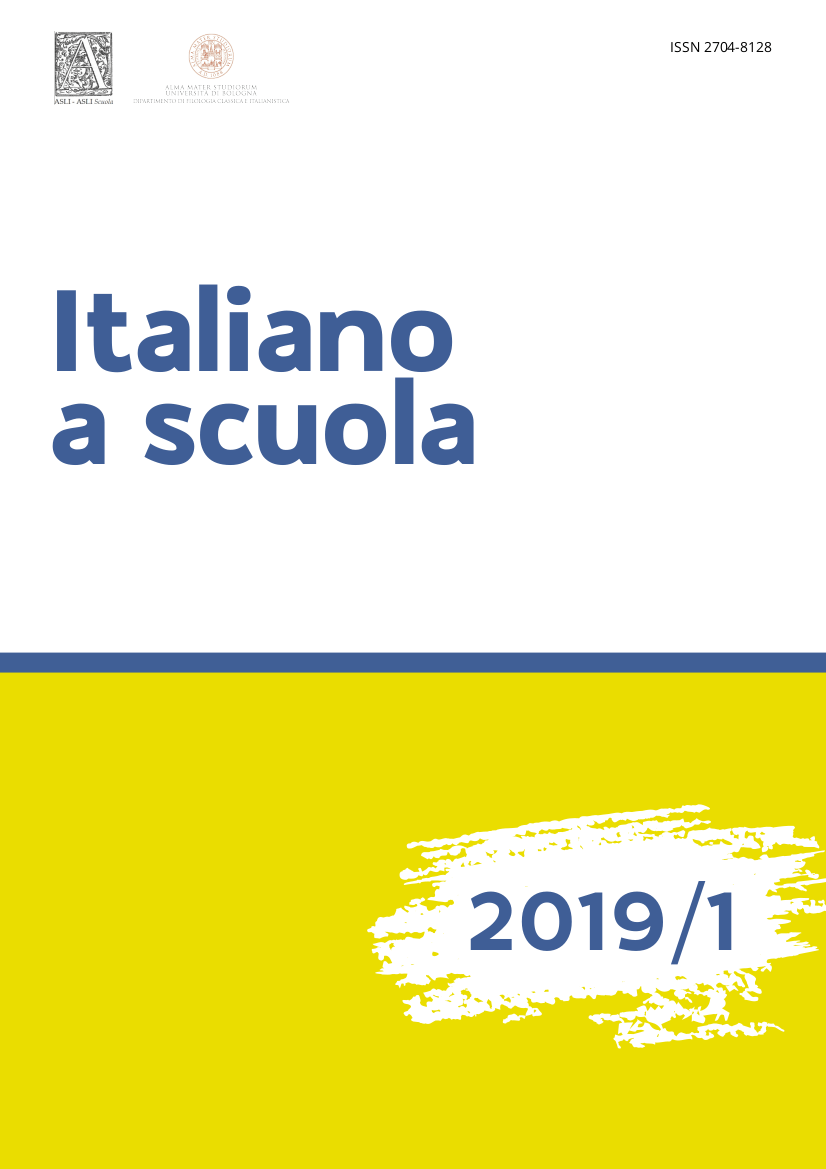Grammatical superstition
DOI:
https://doi.org/10.6092/issn.2704-8128/9998Keywords:
teaching Italian, grammar teaching, Italian grammarAbstract
The article proposes a revision of some current ideas in Italian grammar textbooks, which are not supported by an in-depth analysis of data. An example is the the so-called comparative and superlative degrees of adjectives, presented as a morphological phenomenon, while in Italian it is a syntactic phenomenon and does not concern only adjectives. Another problematic case are modal verbs in Italian (also called “servili”), which are often associated with aspectual verbs as well as causative and perceptive constructions. These verbs are currently described as forming a single composite predicate with the main verb. However, this analysis can be questioned by some counter-arguments, and should therefore be revised. These examples lead to the conclusion that grammar teaching in school should be based on reflection on linguistic data, rather than grammatical rules.Downloads
Published
2019-11-20
How to Cite
Colombo, A. (2019). Grammatical superstition. Italiano a Scuola, 1(1), 91–104. https://doi.org/10.6092/issn.2704-8128/9998
Issue
Section
Teaching Reports
License
Copyright (c) 2019 Adriano Colombo
The copyrights of all the texts on this journal belong to the respective authors without restrictions.
This journal is licensed under a Creative Commons Attribution 4.0 International License (full legal code).
See also our Open Access Policy.






